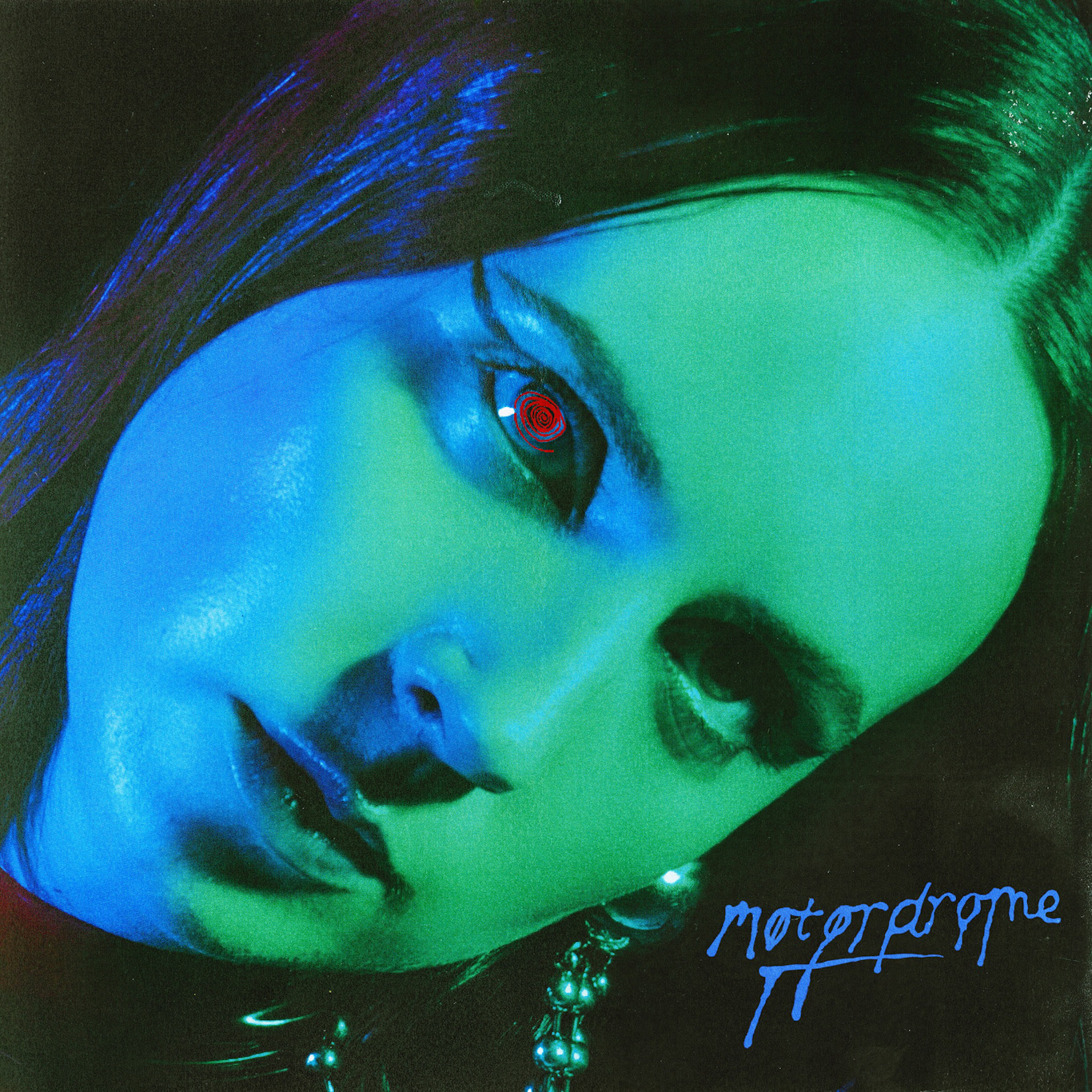
If you were to hear MØ’s background explained in the abstract without hearing her work for yourself, the image you may have of her music could seem contradicting and incompatible. She puts Sonic Youth and the Spice Girls on equal footing and reverence when it comes to her inspirations. Her background is in playing underground squats with abrasive noise acts in the socially-conscious, D.I.Y., leftist Danish punk scene, which resulted in her going solo, switching up her musical style, getting a major label contract and becoming a featured artist on tracks for major pop acts like Justin Bieber, Iggy Azalea, Major Lazer, Charlie X.C.X., D.J. Snake, Diplo and Noah Cyrus.
Despite the tonally unorthodox and experimental style of music, this unique career timeline may conquer up; MØ’s music has mainly been defined by a consistently expected, slightly left-of-field but ultimately palatable, euphonic and approachable brand of electropop. Yet, despite the major exposure from the abovementioned collaborations – outside of her homeland of Denmark – her singles, albums, and E.P.s have either failed or struggled to crack the top ten charts. She typically headlines clubs and theatres rather than theatres arenas, stadiums or amphitheatres.
Motordrome is MØ’s third full-length album. The press release for the album notes that after suffering burnout from excessive touring, MØ “…hunkered down and did what she knew best—wrote songs. The music that began to emerge bridged the gap between her years as a teen punk touring anarchist squats across Europe and the bright scandipop she’d come to be known for, a darker and more personal take on her sound.” It didn’t come across in the finished project if that was the intent. Motordrome has nothing that feels particularly distinctive from MØ’s other releases.
Typically, MØ and her management or her record label or whoever have chosen the right tracks from her albums and E.P.s to push as singles. The songs selected are usually the most anthemic, poppy and memorable earworms from each given record. On Motordrome, the singles released were “Live to Survive,” “Kindness,” and “Brad Pitt” and “Goosebumps,” with the last two being released on the same single.
“Live to Survive” and “Brad Pitt” are both club anthem fodder. The former is a retaliatory track about shoving your self-improvement and newfound confidence down the throat of somebody who once brought you down while simultaneously acknowledging and praising one’s survival through harsh times. The latter is a song about coquettishly lusting after somebody. Musically, both songs offer fairly standard MØ beats and instrumentation, which serve as a good reintroduction to her music after her brief sabbatical. When listening to them, the image of chemically-altered people in a club, swaying side-to-side with a drink in raised hand and half-mumbling the lyrics comes to mind. They serve their purpose successfully.
Continuing with the singles, “Kindness” introduces the album. It starts with a notable string section before kicking in the aforementioned standard MØ beat and instrumentation. The two married together add a little spice to the track, but it’s just fine beyond that.
“Goosebumps” is an interesting track. It’s an Adele-esque piano-driven ballad about anxiety and nostalgia. While all four songs are different, the common denominator between them is their catchy-as-hell choruses. MØ’s greatest strength as a songwriter is her ability to write a repetitive hook that will bury itself deep inside your brain. All four songs are on a consistent line of functional quality, with the only one attempting to challenge convention being “Goosebumps.”
In contrast to past releases, however, the best song on the album was not released as a single. “Youth is Lost” hits you from the get-go and is attention-grabbing from its first note. The track is dark, gloomy and lugubrious, but with a real bitter, confident and dominating vocal performance layered on top. For the breakdown, the song strips down its entire beat to emphasise the song’s backbone: the acoustic guitar buried beneath. It is just an incredibly directed and executed piece.
Lyrically, the songs on Motordrome fluctuate between only a handful of themes, like the importance of expressing emotion instead of bottling it up (“Cool to Cry”), lust and love (“Brad Pitt,” “Kindness,” “Hip Bones,” “Wheelspin”), regret and redemption (“Live to Survive,” “Youth is Lost,” “New Moon,” “Wheelspin,” “Goosebumps”) and hope (“Punches”). Some choice highlights include “New Moon” (which phonetically sounds like “new MØ”), which features a snappy and memorable chorus (“Bringing me down, down, down/Over you now, now, now“) and serves as a pointed “fuck you” to a bullying ex.
The lyrics feel like MØ speaking from an earnest place, exposing personal grief, encouraging others, and taking shit from nobody. The issue is that these have been the lyrical themes of pretty much all of MØ’s records since her debut. It fails to set Motordrome apart from her other releases as a unique expression for this album.
While MØ knows how to choose words that pair well with a melody, the actual content of what is being said is more hit-or-miss. Some of the lyrics on Motordrome may seem profound at first blush until you think about what is being said for a second. “They say we live in the dark ages/But I see fire in the streets” on “Punches” is the most notable example of this.
Musically, the album has the conventional dance beats fans will expect, but there are other forms of interesting experimentation along the way. “Hip Bones” begins with a Cure-esque, chorus-effect-heavy guitar intro, then proceeds into a more traditional rock number, emphasising guitar, bass and drums as the core instrumentation and little additional frills. “Punches” emphasises string instrumentation, clapping and acoustic guitar for its musical backbone. “Wheelspin” has a sombre guitar arpeggio and an additional acoustic guitar throughout its mix.
Motordrome’s press release boasts production and songwriting credits from collaborators of Dua Lipa, Katy Perry, Olivia Rodrigo, Haim, Charli X.C.X., and others. While, yes, Motordrome (like all of MØ’s releases) features top-notch production value, it accumulates to function mainly serviceable electropop numbers, but you know what? That may be enough.
Motordrome doesn’t ask too much of its audience and, considering the last two years that everybody has had, that’s probably fine, as not many have much left to give. It can serve as a momentary comfort zone as we strive towards a resemblance of normalcy.
Motordrome features some great songs (notably “Youth is Lost”) and no terrible or unlistenable songs. The issue is that there are songs like “Cool to Cry” and “Brad Pitt” (as just two examples) that are just so serviceably fine that they don’t elicit any kind of reaction whatsoever, which, in turn, weighs the overall experience down.
MØ has a very idiomatic, conspicuous and recognisable voice and personality that are very endearing and welcoming, and her music is predominately a pleasure to listen to. She can provably write catchy music and is surrounded by some A1 people in the music industry. If curated better, she has the potential to write a genuinely phenomenal record, which there’s little doubt we’ll see someday. Motordrome is not that, but it is charming and different enough to serve as a good time in the meantime.



Be the first to comment